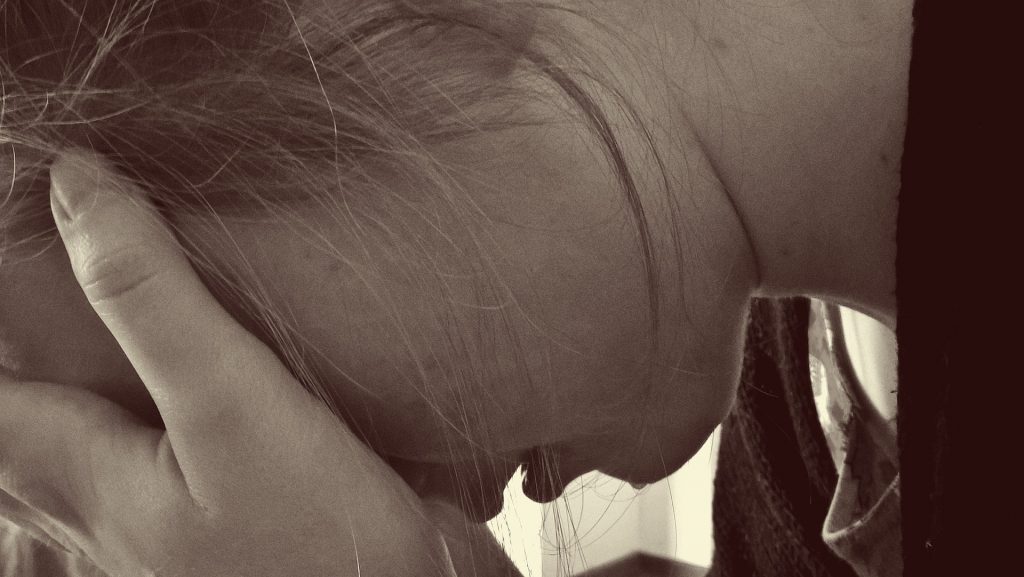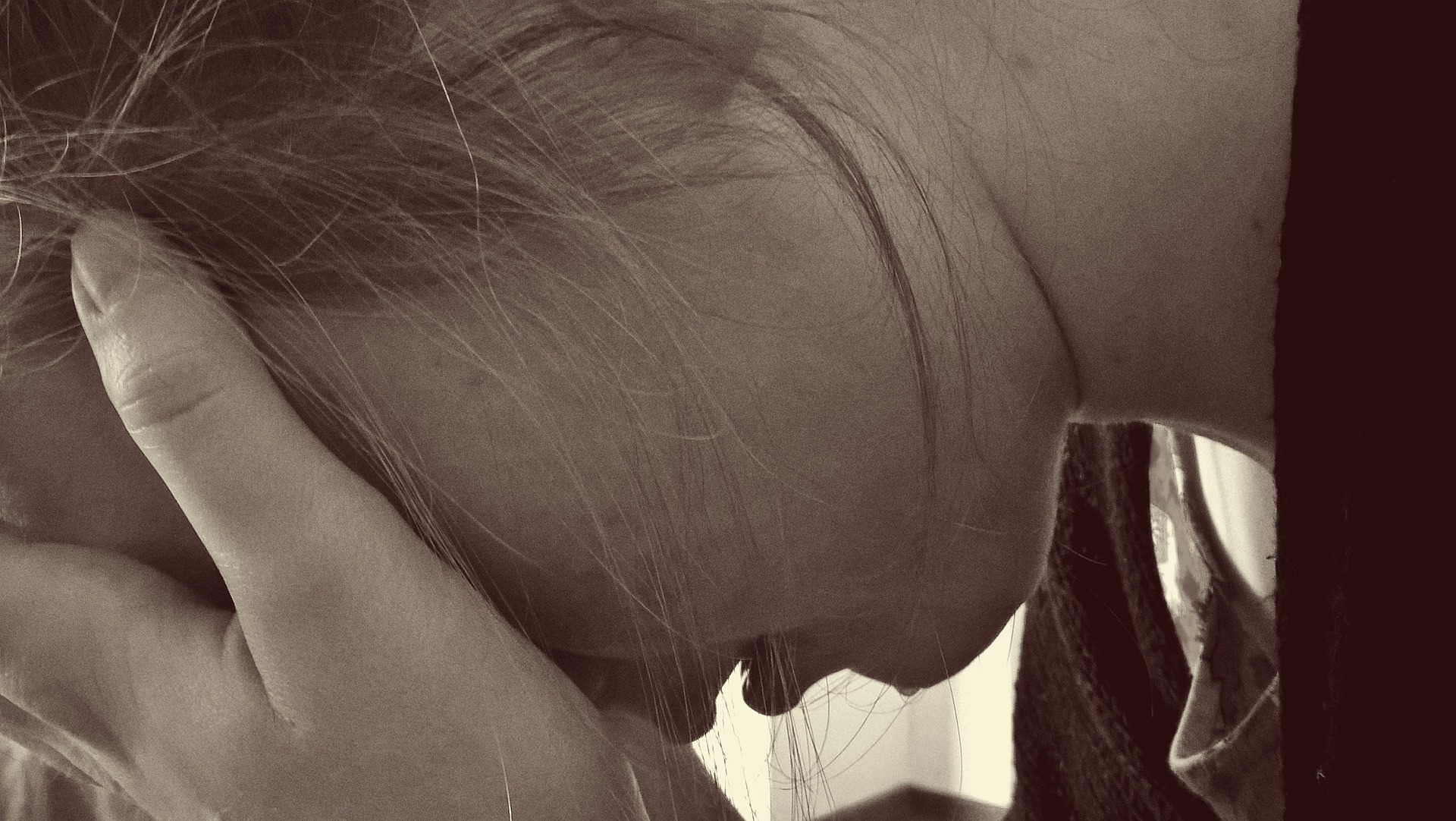
Wokingham Borough Council has launched a consultation on its draft Domestic Abuse Strategy for 2021-2024, and wants to hear residents’ views on its proposals, particularly from those who feel that it would be difficult for them, or others they know, to access services and support. The consultation survey runs from 26 July until 20 August 2021.
As a result of the Domestic Abuse Act 2021, Wokingham Borough Council has put in place a consultation strategy to ensure support is available for victims of domestic abuse and their children in safe accommodation, whilst holding perpetrators to account, and working towards long-term wellbeing. The Domestic Abuse Strategy Consultation survey seeks residents’ thoughts, comments, and opinions to meet these duties alongside the council’s wider approach to domestic abuse. The aims include reaching out to Wokingham borough residents who are suffering from domestic abuse, whilst working towards a society in which people can live without fear of abuse or violence.
Executive member for neighbourhood and communities Cllr Bill Soane said: “Domestic abuse can directly or indirectly affect many people, and it is very often hidden with people not feeling able to access help and support. We have a duty to protect and safeguard children, young and vulnerable people, and the aim of this consultation is to find out residents’ views to help inform the Wokingham Domestic Abuse Strategy. In Wokingham, we want to reach out to all residents in the borough to help us understand if we are on the right track with our draft Domestic Abuse Strategy by completing a short survey”.
Complete the survey
Wokingham borough residents are invited to complete a short survey on the consultation strategy here before 11.59pm on 20 August 2021. The survey is open to all residents, including those who have been affected by violence or abuse. Views of professionals supporting those affected by domestic abuse are also welcomed.
About domestic abuse
Domestic abuse affects one in four women and one in six men during their lifetime, shattering the lives of those affected, including children. It can happen to people regardless of gender, sexuality, ethnicity, faith, disability, and financial situation, impacting on feelings of safety as well as short and long-term physical and mental wellbeing.
Abusive behaviour consists of any of the following: physical or sexual abuse, violent or threatening behaviour, controlling or coercive behaviour, economic abuse, or psychological, emotional, or other abuse. This includes incidences where the abusive party directs their behaviour at another person, e.g., a child. Economic abuse means any behaviour that has a substantial adverse effect on someone’s ability to acquire, use or maintain money or other property, or obtain goods or services.


